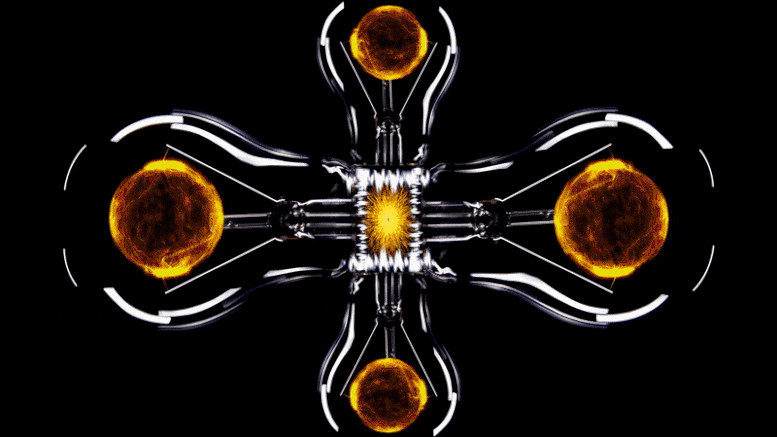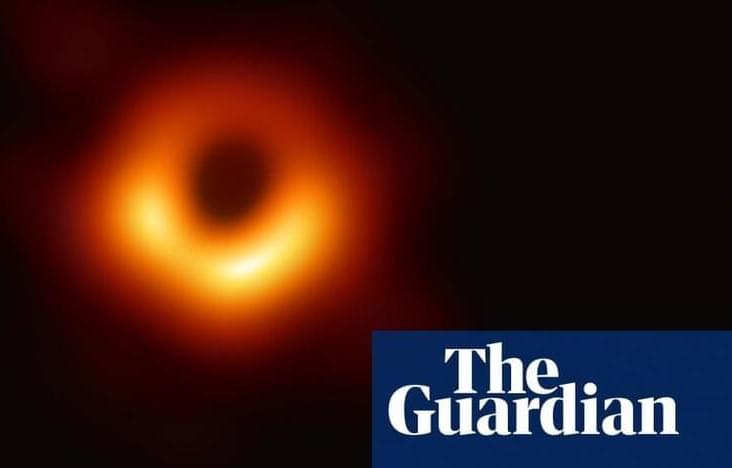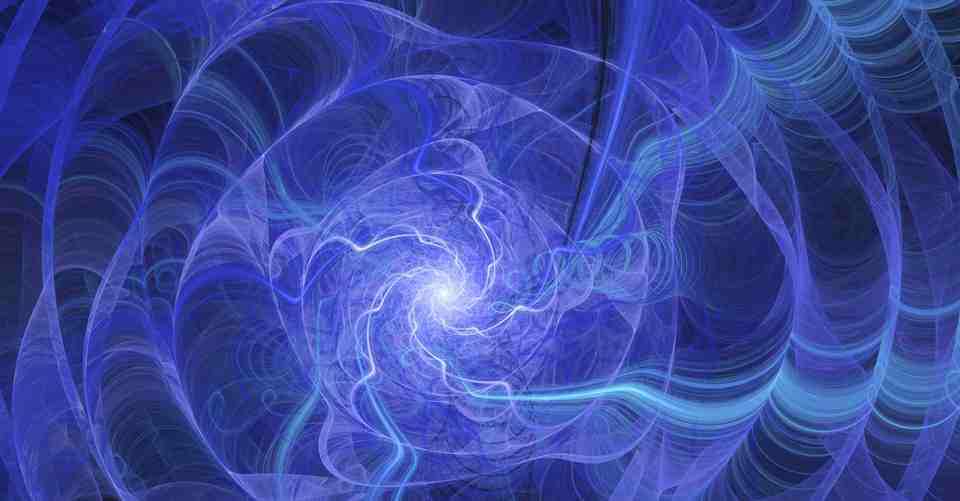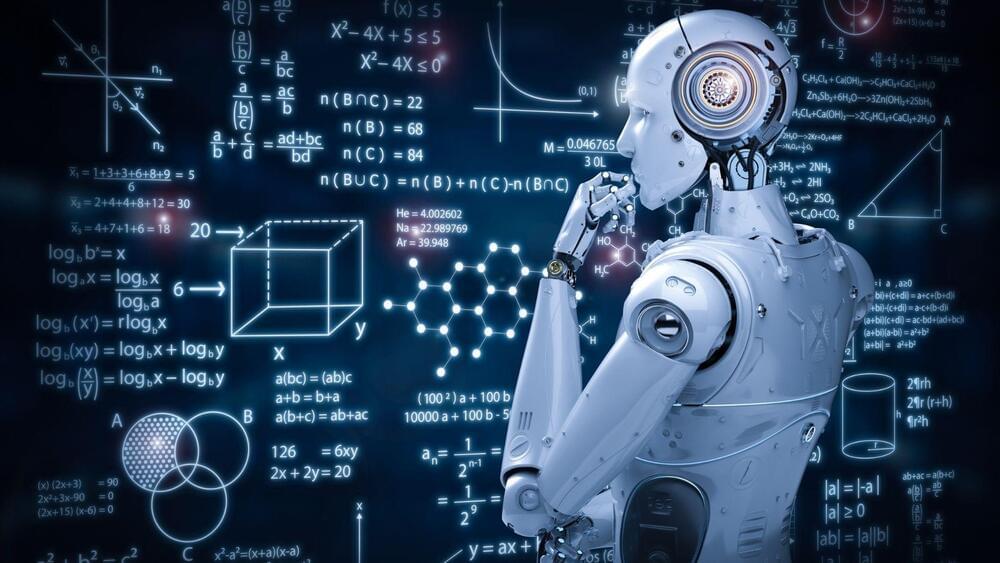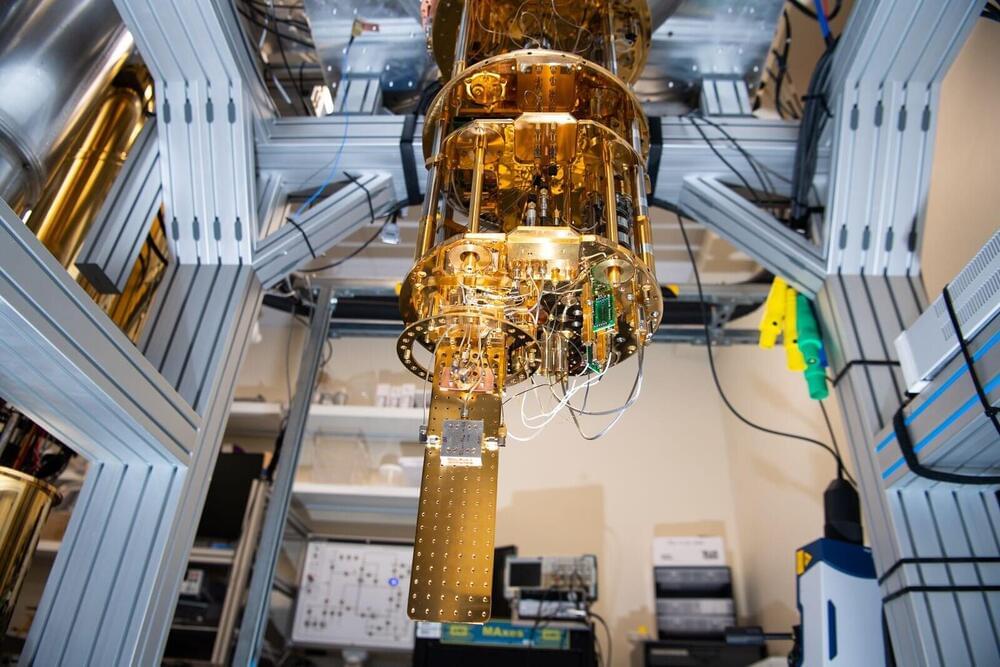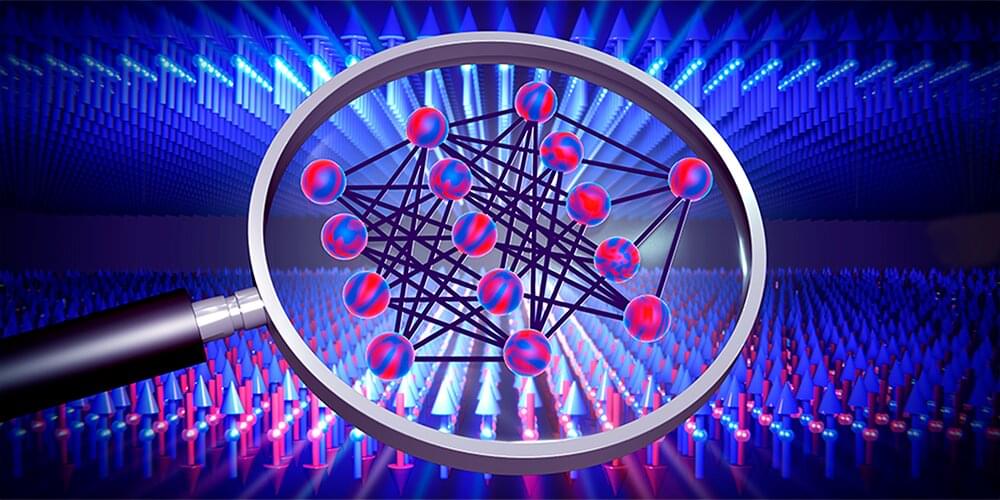This year’s Breakthrough Prize in Life Sciences has a strong physical sciences element. The prize was divided between six individuals. Demis Hassabis and John Jumper of the London-based AI company DeepMind were awarded a third of the prize for developing AlphaFold, a machine-learning algorithm that can accurately predict the 3D structure of proteins from just the amino-acid sequence of their polypeptide chain. Emmanuel Mignot of Stanford University School of Medicine and Masashi Yanagisawa of the University of Tsukuba, Japan, were awarded for their work on the sleeping disorder narcolepsy.
The remainder of the prize went to Clifford Brangwynne of Princeton University and Anthony Hyman of the Max Planck Institute of Molecular Cell Biology and Genetics in Germany for discovering that the molecular machinery within a cell—proteins and RNA—organizes by phase separating into liquid droplets. This phase separation process has since been shown to be involved in several basic cellular functions, including gene expression, protein synthesis and storage, and stress responses.
The award for Brangwynne and Hyman shows “the transformative role that the physics of soft matter and the physics of polymers can play in cell biology,” says Rohit Pappu, a biophysicist and bioengineer at Washington University in St. Louis. “[The discovery] could only have happened the way it did: a creative young physicist working with an imaginative cell biologist in an ecosystem where boundaries were always being pushed at the intersection of multiple disciplines.”
